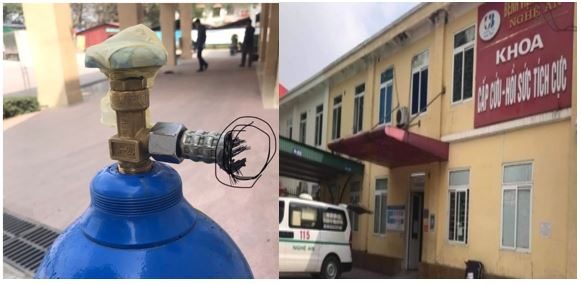 Many businesses like Hospitals, Veterinarians, Firefighters, and Dentists use Oxygen(02) every day. Are there risks? Absolutely! For instance, what can happen if grease/oil is on your oxygen regulator and you hook it up? The sane thing that happened on the Apollo 13. The words "Houston, We've got a problem" was a result of an oxygen tank exploding on the Apollo 13. Even though these accidents are rare, they do happen. What can keep us mitigate the risks and keep us safe when using Medical Oxygen? Here are a few suggestions: To use an oxygen regulator safely, follow these steps:
In conclusion, make sure the regulators you use are not old or leaking. Have them inspected yearly, as federal law demands. Always check for leaks and cracks in the hoses you using. As a general rule, hoses and regulators should be changed every five years.
By following the above safety practices you will accomplish the following: You will never have to say "Houston we've got a problem"
0 Comments
Leave a Reply. |
AuthorI have been in gas industry for over thirty years. Over the years we have kept our customers safe and their complex systems in working order. Archives
April 2024
Categories |
Proudly powered by Weebly



 RSS Feed
RSS Feed